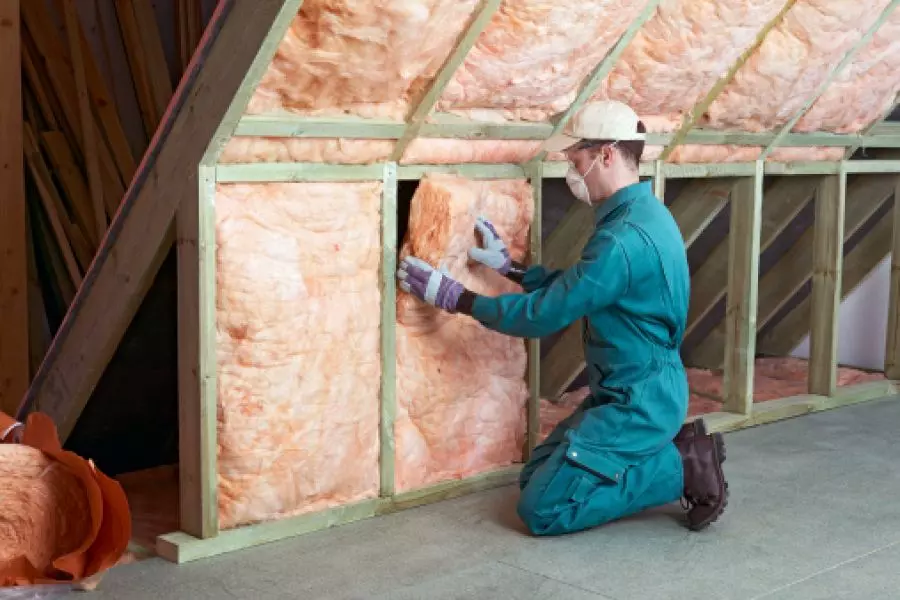News
Minimum rental standards push reignites

Monday 2nd of May 2016
Labour leader Andrew Little’s Healthy Home Guarantee Bill (No 2), which has had a chequered passage to date, will be debated by Parliament on Wednesday.
The bill aims to set minimum standards around insulation, heating, ventilation and drainage which all landlords would have to comply wi...
Want to read the full article?
Click the button below to subscribe and will have unlimited access to full article and all other articles on the site.






![[The Wrap] Bye Bye Bayly](https://goodreturns.publit.io/file/c_fill,w_900,h_600/39f23ac1-f7c7-4854-b700-a150004ebbac.webp)


